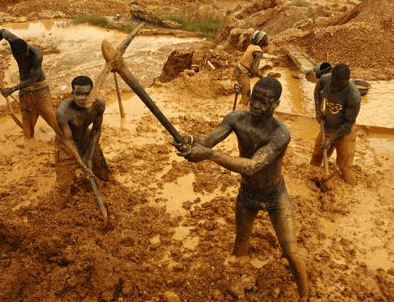

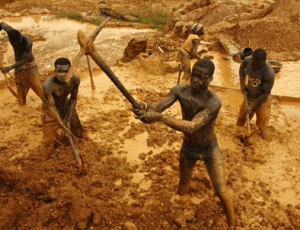 The Forestry Commission says over $44,000 is spent on reclaiming a hectare of a mined-out area in Ghana, with the cost going higher depending on the deterioration of the land.
The Forestry Commission says over $44,000 is spent on reclaiming a hectare of a mined-out area in Ghana, with the cost going higher depending on the deterioration of the land.
Dr Joseph Yaw Appiah-Gyapong, the Head of Donor Relations and Projects at the Commission, said the reclamation exercise was a pilot project under the Global Partnership for Sustainability (GPS), funded by the World Bank.
Under the project, a total of 111 hectares of mined-out areas were rehabilitated.
He explained that the cost of the reclamation depended on the extent and nature of the deterioration of the land and that it could even go higher if the deterioration was very bad.
Dr Appiah-Agyapong made the disclosure during the Ghana National Landscape Forum held in Accra on the theme: “Natural Resource Management and Forest Economy for Inclusive Growth” on Thursday.
The forum was to enable participants to brainstorm on addressing the pressing challenges of illegal mining confronting the environment, and balance economic needs of the country with ecological preservation.
The finest brains in natural resource management attended the forum, jointly organised by the Ministries of Lands and Natural Resources and Environment, Science and Technology, with support from the World Bank.
Key stakeholders were drawn from the Environmental Protection Authority, National Development Planning Commission, Water Resources Commission, Forestry Commission, Council for Scientific and Industrial Research, Ghana Statistical Service, development partners and civil society organisations.
The participants shared their knowledge and insights on some factors causing environmental degradation and proposed actionable solutions to aid the preservation of the ecosystem.
Mr Yusif Sulemana, the Deputy Minister of Lands and Natural Resources, in his welcome address, said it was imperative to collectively work towards ensuring the sustainable management of the natural resources and urged participants to generate bold and practical recommendations to amplify positive impacts.
“We’ve reclaimed seven of nine forest reserves seized by illegal miners. From February to March 2025 alone, we confiscated over 100 excavators and other mining equipment, and have arrested over 70 offenders,” he said.
The Minister noted that Ghana’s forests, minerals, and water bodies were under siege, with issues of deforestation, degradation, water pollution, and climate change threatening the ecosystems and livelihoods.
“Illegal small-scale mining (galamsey), in particular, has reached crisis levels, stripping our land of biodiversity, poisoning our rivers, and endangering public health,” he said.
“We are seeing communities where once-lush forests have been reduced to barren pits, and rivers that once provided drinking water now ran brown with toxic sediments.”
“The devastation is not just environmental—it is a blow to our food security and well-being.”
Mr Sulemana, thus, highlighted some of the interventions the Ministry had prioritised to combat those crises, including reforming the small-scale mining licensing regime, decentralising the process to enhance transparency, and strengthening law enforcement working with the Military.
He said it had been enhancing stakeholder engagement, collaborating with communities, traditional leaders, and civil society to foster collective ownership of the galamsey fight.
Source: GNA
The post The cost of reclaiming mined-out-area said to be $44,000 a hectare appeared first on Ghana Business News.
Read Full Story
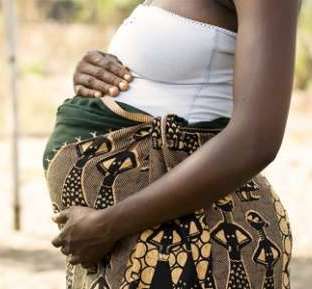

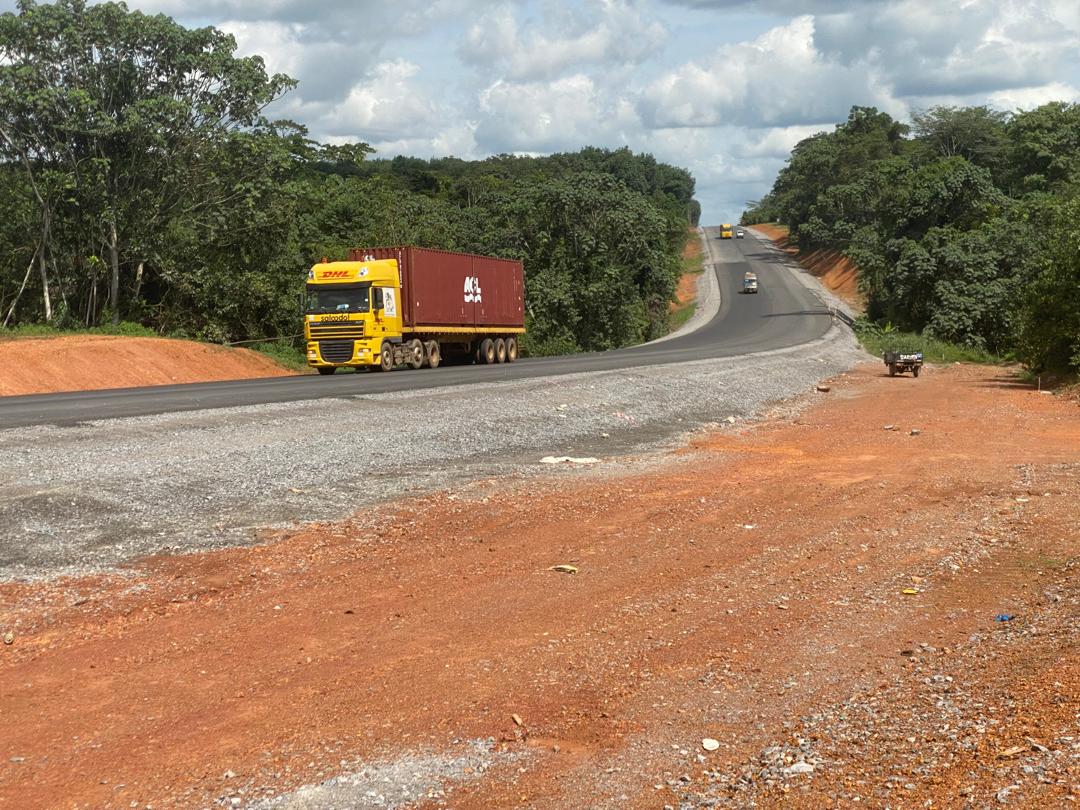
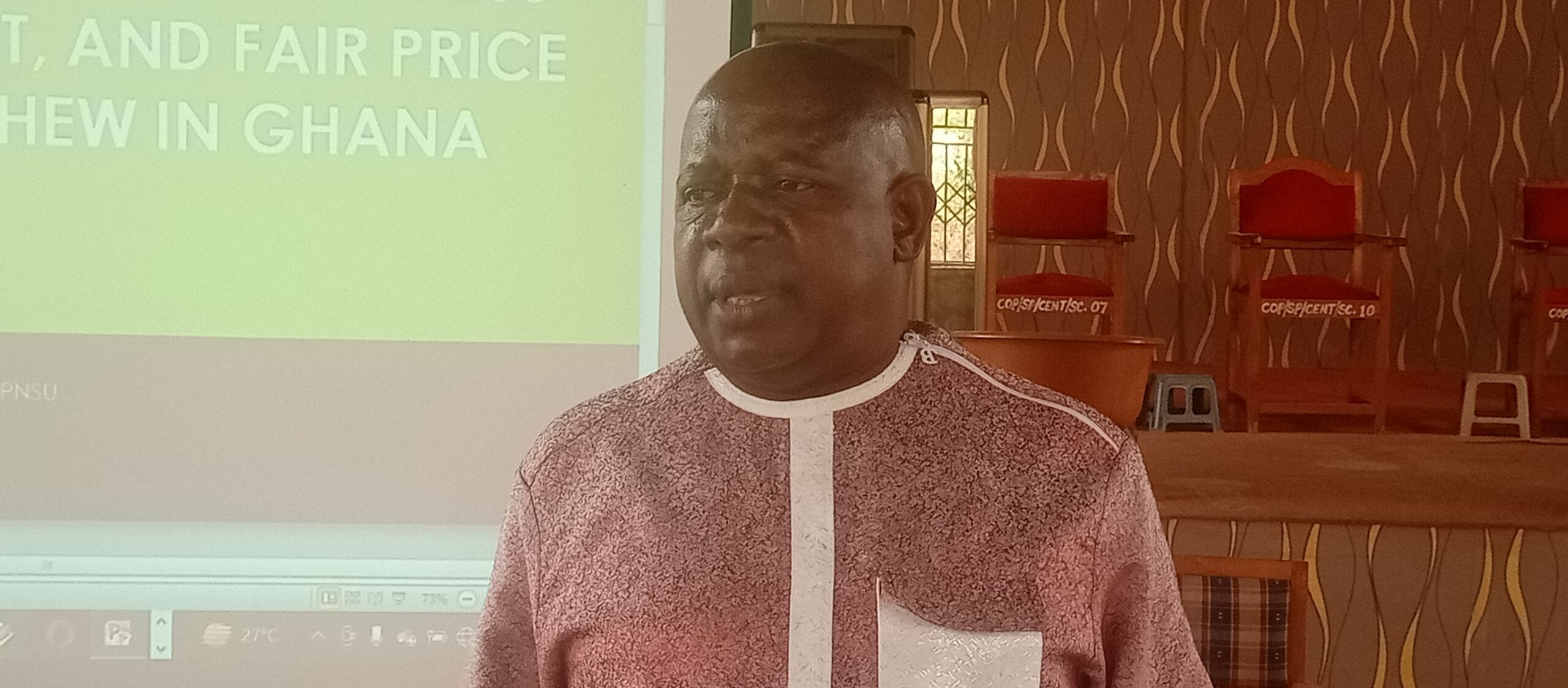
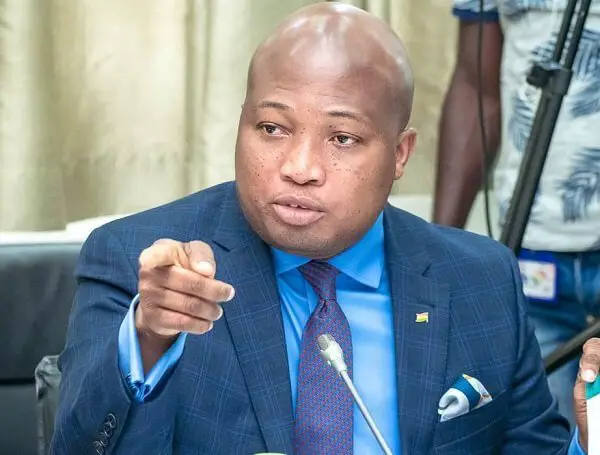



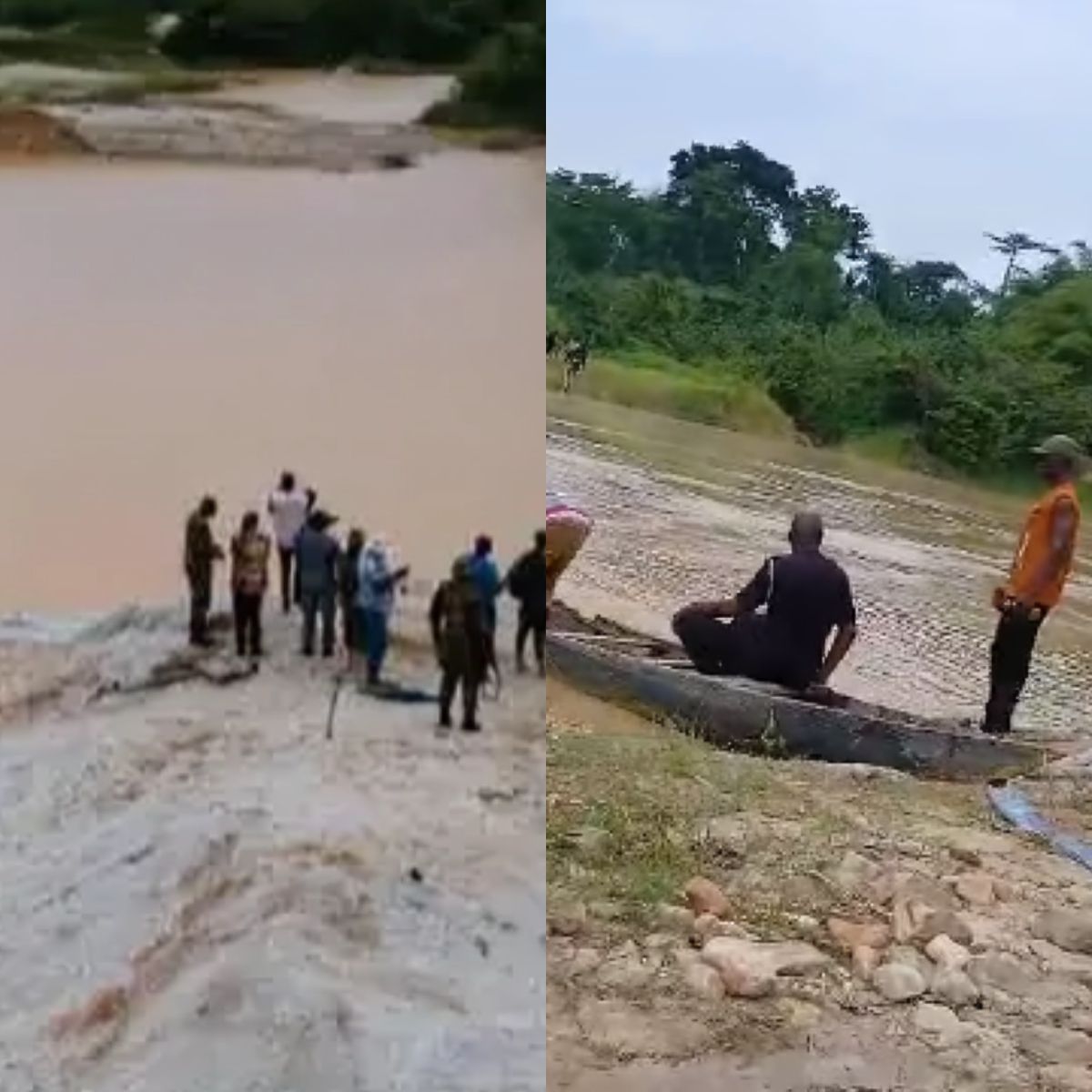


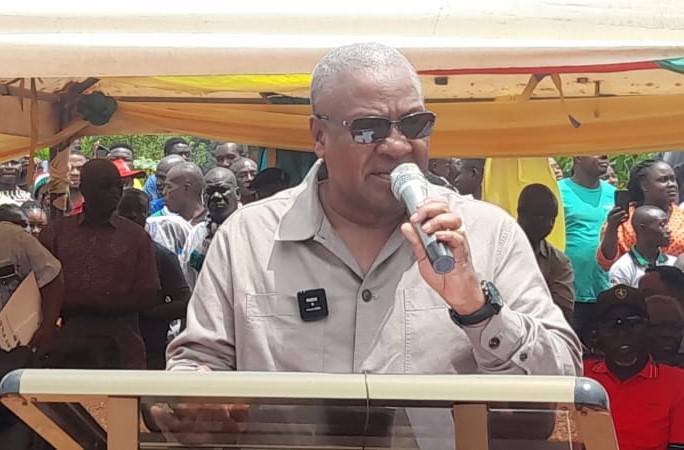
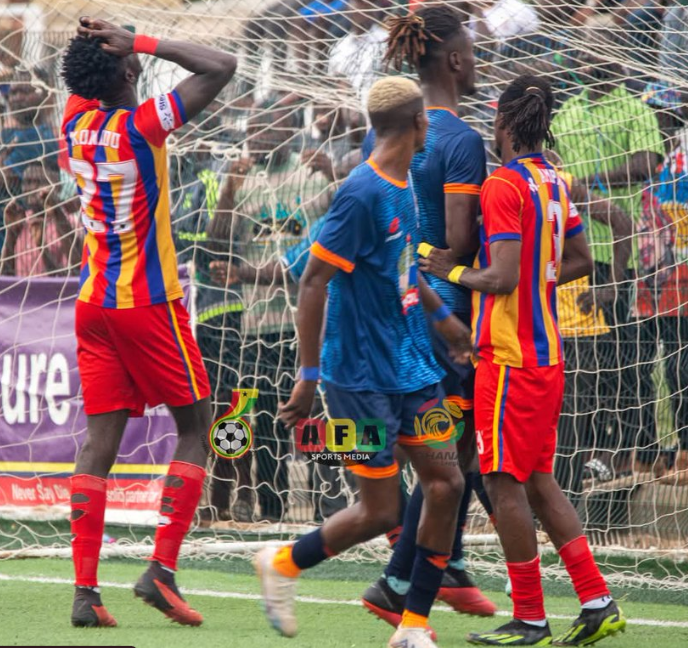
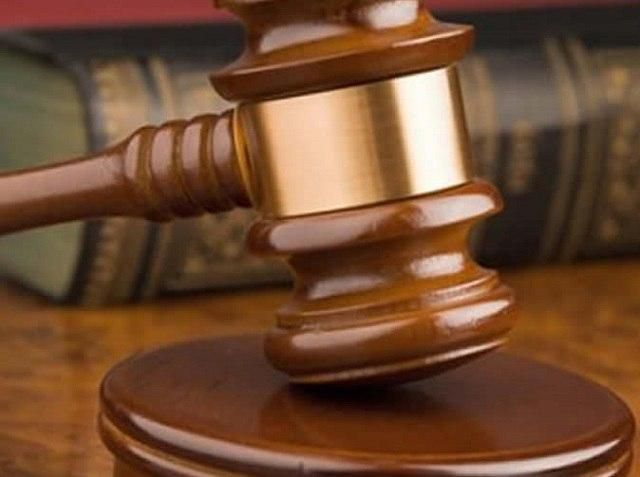
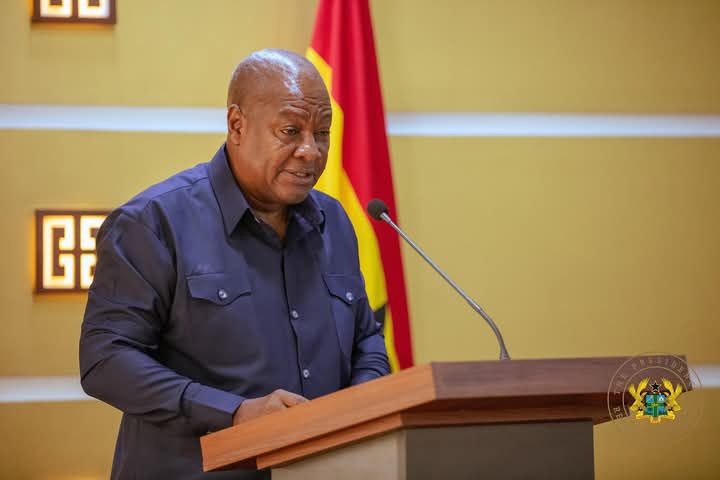
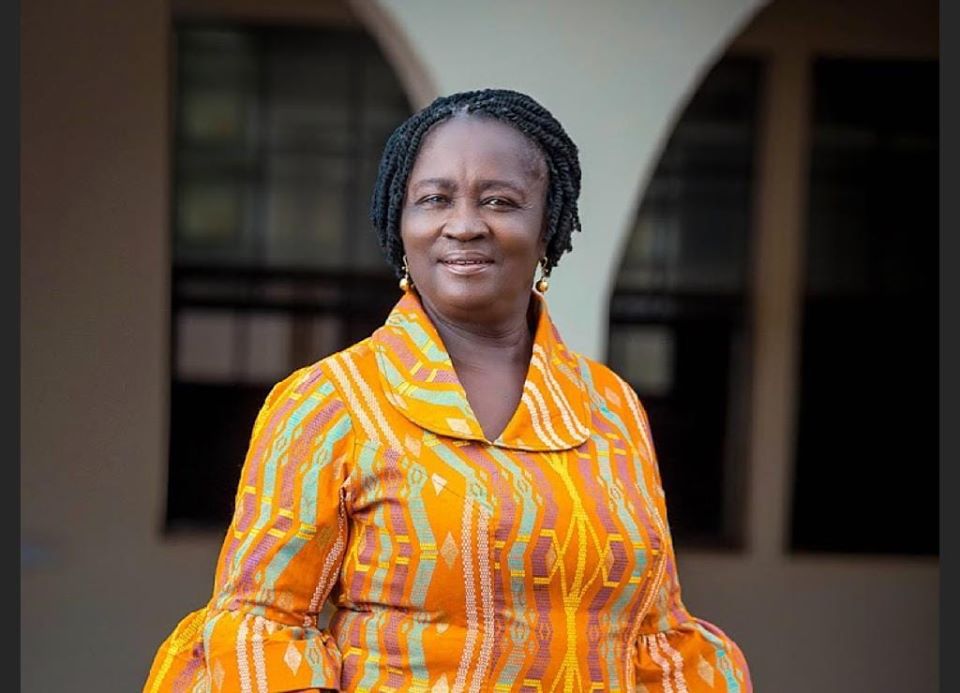
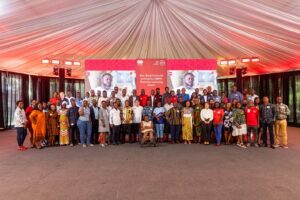
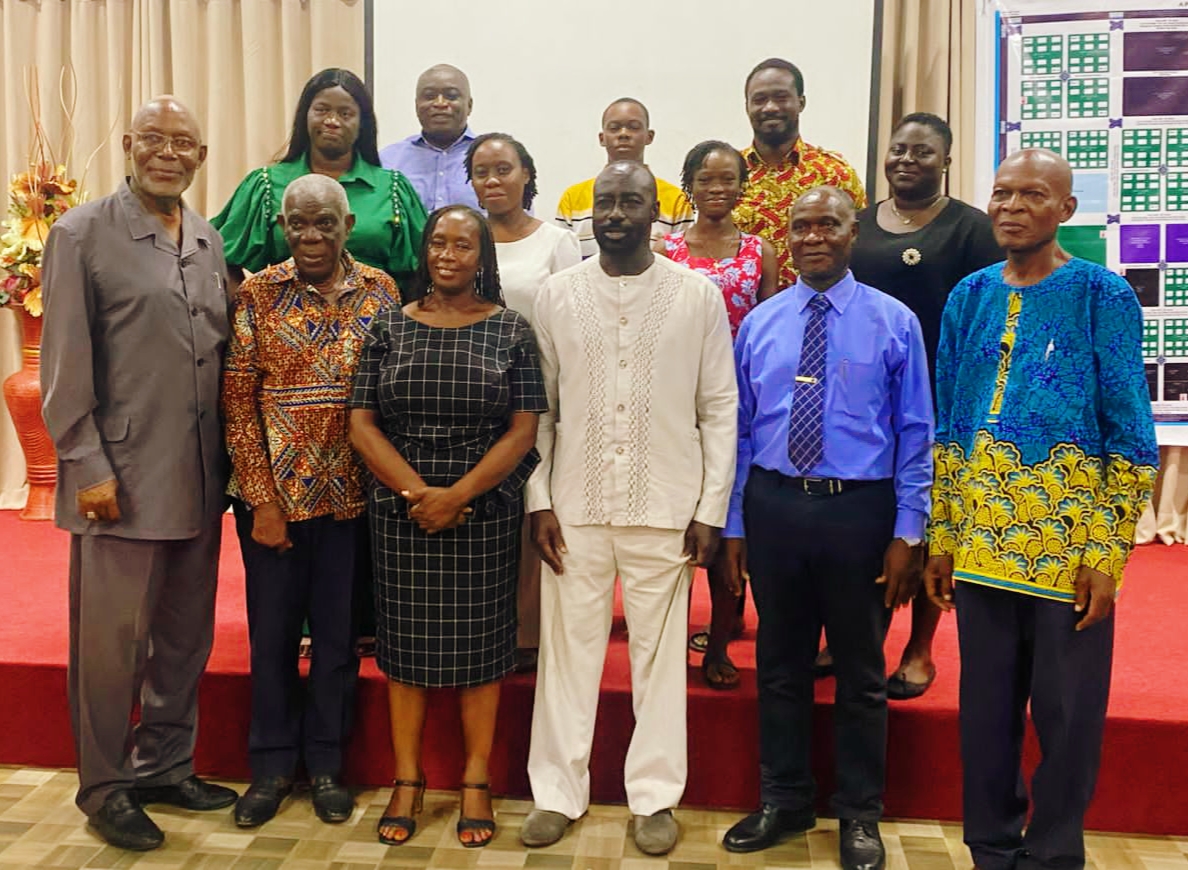

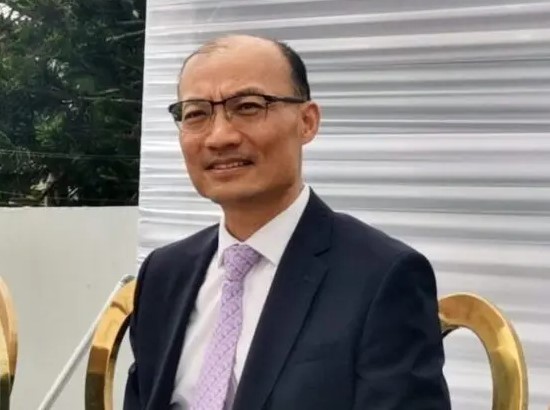
Facebook
Twitter
Pinterest
Instagram
Google+
YouTube
LinkedIn
RSS